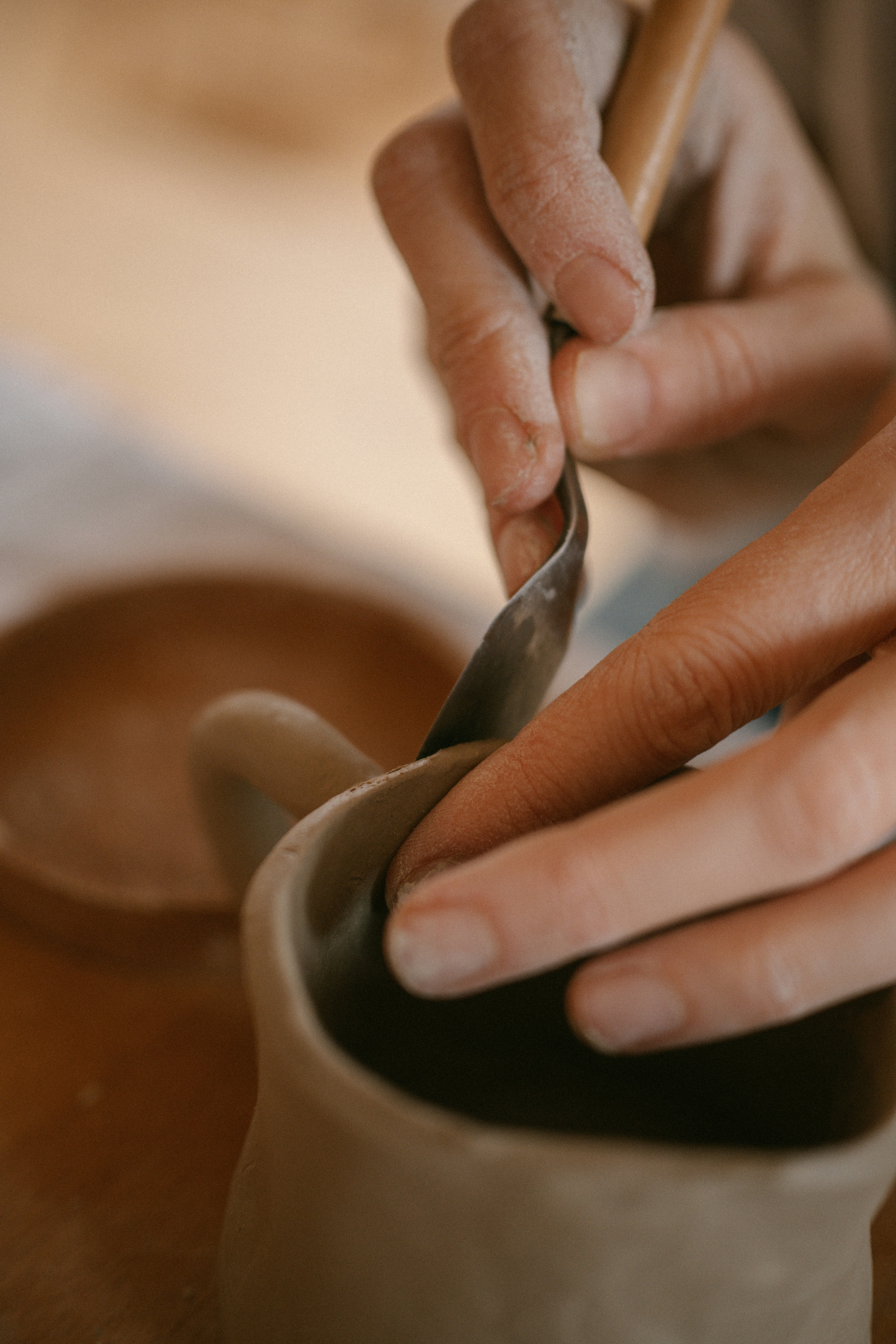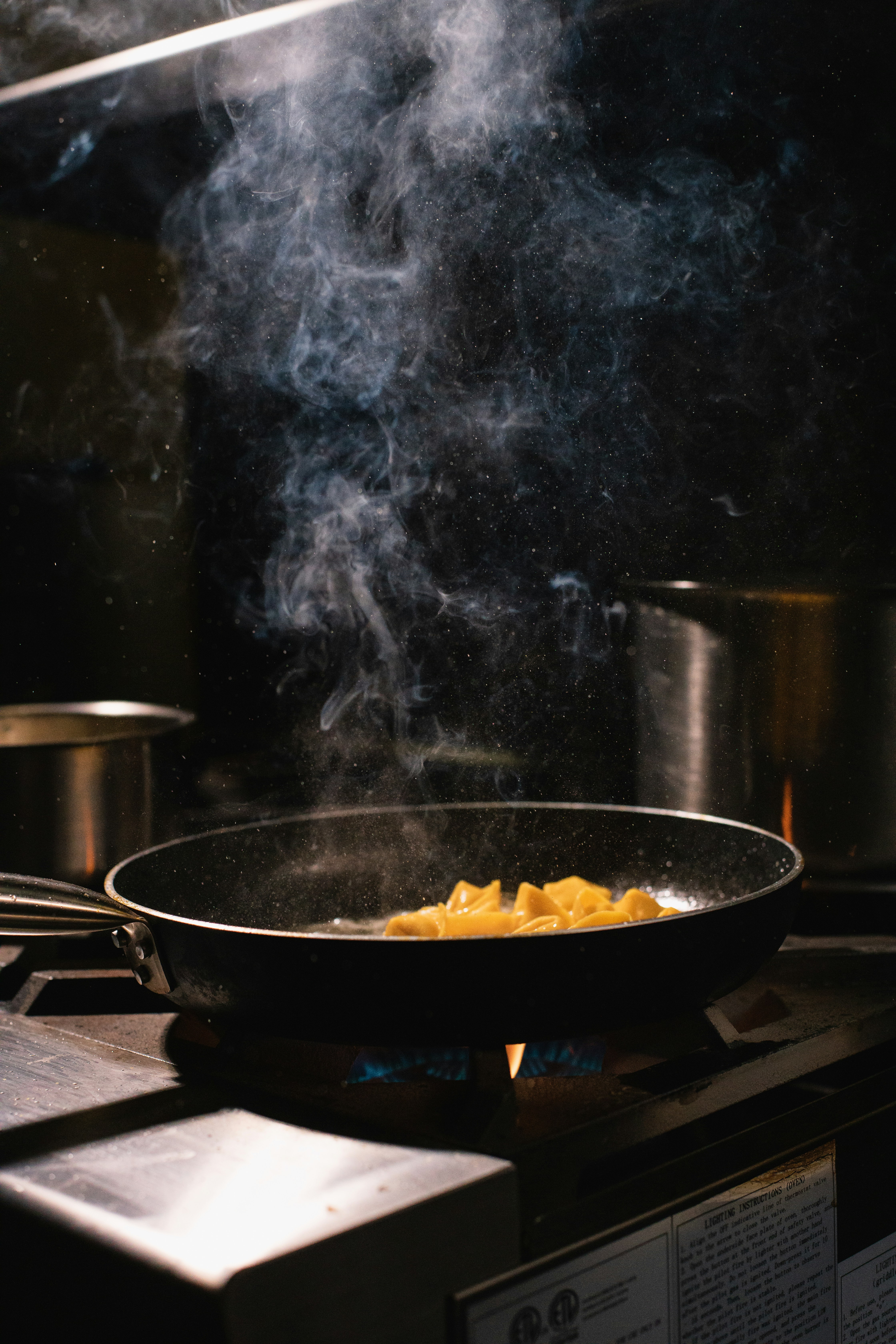Transform Your Cooking: Mindful Meal Prep for a Healthier You
Imagine this: you walk into your kitchen, the aroma of fresh herbs wafts through the air, and the vibrant colors of seasonal vegetables greet your eyes. Cooking isn’t just about the food—it’s an act of mindfulness that has the power to transform your relationship with what you eat. By embracing cooking with intention and integrating meal prep into your routine, you can set the stage for a healthier, more fulfilling lifestyle. In this article, we’ll explore how mindfulness and creative meal prep can turn everyday cooking into an enriching experience.
The Importance of Cooking Mindfully

In our fast-paced world, meal preparation often turns into a hurried task, executed under stress or even ignored entirely. Cooking with intention encourages us to slow down, appreciate our ingredients, and focus on the overall experience of preparing food. The term “mindfulness” refers to being fully present in the moment; in the context of cooking, this means engaging your senses and understanding the significance of what you’re preparing.
Research from the Harvard Medical School emphasizes the benefits of mindfulness, suggesting that it can reduce stress, enhance creativity, and improve overall well-being. When applied to cooking, mindfulness can transform the act from a mundane chore into an exciting ritual filled with potential. Embracing this shift not only makes meals more enjoyable but also cultivates a deeper connection to the food we consume.
Elevate Your Culinary Experience

When you think of cooking as an extension of mindfulness, every meal becomes an opportunity for discovery and enjoyment. Take a moment to notice the textures of vegetables, the aroma of spices, or the sound of sizzling ingredients. This heightened awareness can turn meal preparation into an art form—one that inspires creativity and experimentation.
By intentionally selecting seasonal ingredients and focusing on flavor pairings, you can prepare dishes that delight the senses. For example, consider planning a meal around the vibrant colors of fresh produce. You might create a breathtaking salad featuring roasted beets, crisp greens, and creamy goat cheese. Not only does this create a visually appealing dish, but it also helps to nourish both body and mind. For more tips on infusing color into your cooking, check out seasonal cooking.
Meal Prep: Your Path to Stress-Free Cooking

Incorporating meal prep into your routine is a key element of intentional cooking. By preparing meals in advance, you not only save time during the week but also lay the groundwork for healthier choices. Imagine coming home after a long day to find a homemade lasagna ready to pop in the oven. With meal prep, such scenarios can become a reality.
Start by dedicating a few hours each week to cooking in bulk. Prepare foods that can be easily reheated or transformed into different dishes. For instance, cook a large batch of grains like quinoa or brown rice, which can serve as a base for various meals throughout the week. You could use cooked grains in a salads, stir-fries, or even a grain bowl. The versatility of such staples makes meal preparation not only efficient but also creative.
If you ever find yourself struggling with leftover ingredients, don’t fret. There are countless ways to turn remnants into culinary gold. Check out our article on transforming leftovers for innovative ideas on how to make the most of what you have on hand.
The Psychology of Intentional Cooking

But why does cooking with intention resonate so deeply? At a psychological level, cooking can be a form of self-care. Engaging in the process allows you to take a break from the chaos of daily life, fostering a sense of well-being. When we prepare meals that are nourishing and satisfying, we not only care for our bodies; we also nurture our minds.
Moreover, cooking can serve as a platform for creativity. As you experiment with flavors, textures, and techniques, you'll discover new culinary skills and preferences. This exploration can be incredibly rewarding, making cooking a joyful part of daily life instead of a mere obligation.
Tips to Create Mindful Meal Prep Routines

Embracing mindful meal prep can feel daunting, but it doesn’t have to be. Here are some practical tips to help you develop a sustainable cooking practice:
-
Plan Your Meals: Before the grocery store run, take a moment to plan out your meals for the week. Think about what ingredients are in season and how you can creatively incorporate them into your dishes. This planning will ease your shopping and cooking process.
-
Start Small: If you're new to meal prepping, start with just one or two meals a week. Gradually increase your batch cooking until it feels manageable. Focus on recipes that share ingredients to minimize waste and maximizes your time in the kitchen.
-
Create a Cooking Playlist: Turn on some of your favorite tunes while you chop vegetables or simmer sauces—this adds an element of joy to the process and can help you fully engage in the experience.
-
Mindful Eating: Apply the same principles of mindfulness to how you eat. Sit at the table without distractions, savor your food, and appreciate the effort that went into creating each dish.
-
Experiment with New Recipes: Seek out flavors you've never tried before or cooking techniques that intimidate you. This might lead to fantastic new dishes. For example, consider delving into the world of ancient grains—check out our guide on cooking with ancient grains to broaden your culinary horizons.
Managing Time: Saving Minutes in the Kitchen

Busy schedules can make cooking feel overwhelming, but with careful planning, it can be simplified. Here are some hacks to streamline dinner preparation:
-
Use a Slow Cooker or Instant Pot: These appliances make it easier to create hearty meals with minimal effort. Just toss in your ingredients in the morning, and when you come home, a delicious meal awaits.
-
Pre-chop Ingredients: Make your life easier by pre-chopping vegetables or marinating proteins. Store them in the fridge, and when it comes time to cook, you'll save precious minutes.
-
Batch Cooking Sauces and Dressings: Whip up a few versatile sauces or dressings that you can use throughout the week. A good vinaigrette can elevate any dish, making it feel more special even in a busy weeknight meal.
You can find more shortcuts in our article on time-saving cooking hacks, which provides insights into making your time in the kitchen more efficient.
Cultivating a Positive Relationship with Food

As you start practicing mindful cooking and meal prep, it's essential to reflect on your relationship with food. Many of us have learned to view food through a lens of restriction or guilt. However, embracing a more positive outlook can have profound effects on our overall well-being.
Creating a healthy relationship with food means understanding that it should primarily be a source of nourishment and joy. Be kind to yourself—allow for indulgence, and enjoy cooking as a form of creativity instead of a chore. Remember, balance is key in any dietary approach.
Community and Cooking

Don't forget the social aspect of cooking! Cooking can bring people together, creating opportunities for connection, conversation, and community. Invite friends over for a cooking night or host a potluck where everyone brings their favorite dish. Sharing meals with loved ones adds to the overall satisfaction and joy that mindful cooking and eating aim to foster.
Final Thoughts

Embracing the practice of cooking with intention and integrating meal prep into your life unlocks a more fulfilling relationship with food. Not only does it lead to healthier choices, but it also fosters creativity, connection, and mindfulness that enrich our lives.
So, whether you’re whipping up a quick dinner or preparing a feast, remember to savor the experience. Focus on the aromas, the flavors, and the joy of creating nourishing meals that support both your body and spirit. As the art of cooking plants the seeds of mindfulness, you'll find your kitchen transformed into a sanctuary of creativity and well-being.



